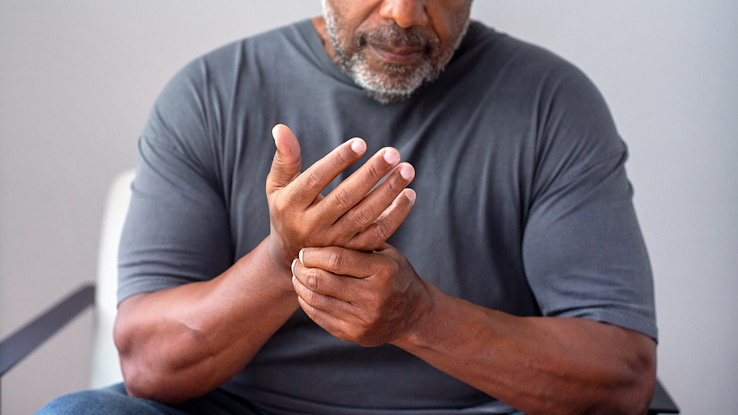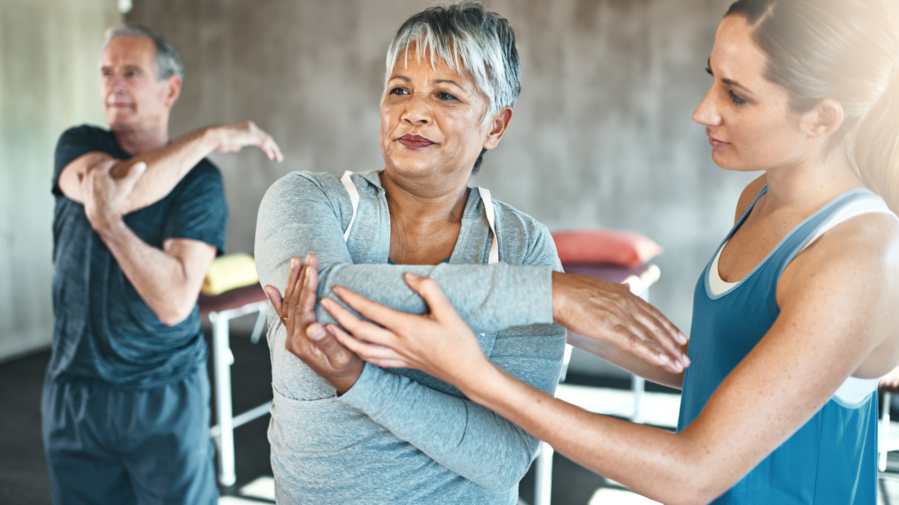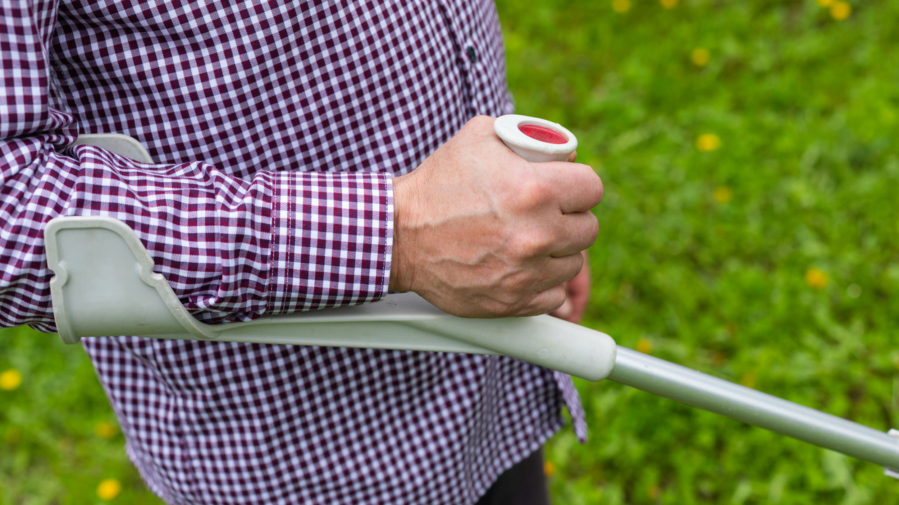
Arthritis can be difficult to live with. Luckily, there are various methods that you can use to relieve this condition. Moreover, if you are taking arthritis medications, you can try several remedies for arthritis pain relief and increased flexibility in your affected joints.
What Is Arthritis?
Arthritis is a condition in which inflammation affects one or more of the joints in the body, which occurs as joint cartilage wears away, allowing the bone to rub against another bone. The typical symptoms are joint pain, discomfort, inflammation, and stiffness. These symptoms typically grow worse with increasing age.
Different types of arthritis exist. Still, osteoarthritis and rheumatoid arthritis are the most common forms. According to the Centers for Disease Control and Prevention (CDC), arthritis is one of the most common causes of disability in the United States, affecting nearly 58.5 million people. Try some of these remedies for arthritis pain relief.
1. Exercise

Regular exercise routines can help individuals with arthritis to keep their joints flexible. It’s beneficial to find ways of exercising that don’t add stress to the joints.
For example, swimming or water aerobics are great ways to get a workout and move your joints without adding pressure. Other options include using a stationary bike or an elliptical machine.
2. Weight Loss
Being overweight or obese puts continued stress on many joints in the body. Being overweight also restricts a person’s mobility and can raise the chances of a person experiencing a joint injury.
Losing weight and then keeping a healthy weight will ease the stress on the joints and provide more opportunities for exercise. In some cases, symptoms of arthritis can disappear if a person loses just 10 or 20 pounds.
3. Assistive Devices

The use of assistive devices may be helpful for some individuals with arthritis. Assistive devices include canes, walkers, shoe inserts, splints, braces, and raised toilet seats. These products can help protect joints and improve an individual’s mobile and safe in their daily lives.
4. Hot And Cold Packs
Using hot and cold packs on afflicted joints may help alleviate several of the symptoms of arthritis. Hot baths may also help decrease the stiffness and pain that you may encounter.
5. Acupuncture
Acupuncture involves using tiny needles inserted at precise locations on the body to relieve joint pain. Several studies support the claims that acupuncture helps to reduce pain associated with arthritis.
6. Yoga

Yoga consists of many long, slow stretches that may help improve joint flexibility and range of motion. According to the Johns Hopkins Arthritis Center, high-grade medical care combined with yoga can benefit arthritis physically and psychologically.
7. Transcutaneous electrical nerve stimulation (TENS)
With TENS, a small device is strategically placed at points on the body where the pain is felt. Then, mild electrical pulses are produced to stimulate specific nerves associated with the affected joints. Evidence shows that this can provide short-term pain relief and joint stiffness associated with arthritis by interfering with pain signals to the brain.
8. Tai Chi
Tai Chi is an old Chinese tradition with various health benefits, particularly for older adults. These advantages incorporate reducing the symptoms of arthritis and reducing pain. Like yoga, tai chi can help those with arthritis feel more relaxed and increase balance and flexibility. Tai chi may also help fight anxiety and distress connected with arthritis and may help alleviate stress.
9. Electroacupuncture
Electroacupuncture is very similar to TENS. The exception is that the electrodes attached are placed on acupuncture points rather than around the affected joints.
10. Supplements like Glucosamine And Chondroitin

There is a dispute over the effectiveness of Glucosamine and Chondroitin on arthritis pain. Recent studies suggest that the only reduction in pain from these supplements is attributed to a placebo effect. However, doctors generally recommend that, since these supplements have no harmful side effects, those who have successfully reduced pain by taking these supplements should continue to do so.
Studies suggest that some other supplements may help reduce arthritis symptoms, but further evidence is required to confirm those conclusions. Currently, no cure for arthritis exists, but natural remedies may alleviate symptoms and increase your quality of life. It is always recommended to consult your doctor before making lifestyle changes or trying new, natural remedies to ease arthritis pain.
Resource Links:
- “Use of Herbal Medications for Treatment of Osteoarthritis and Rheumatoid Arthritis” via Medicines
- “Natural anti-inflammatory agents for pain relief” via Surgical Neurology International
- “Natural Products for the Treatment of Autoimmune Arthritis: Their Mechanisms of Action, Targeted Delivery, and Interplay with the Host Microbiome” via International Journal of Molecular Sciences
- “Herbal Medicine for Pain Management: Efficacy and Drug Interactions” via ISRN Pharmaceutics
- “Natural Products for Promoting Joint Health and Managing Osteoarthritis” via Current Rheumatology Reports
- “Rheumatoid Arthritis: A Brief Overview of the Treatment” via Medical Principles and Practice





